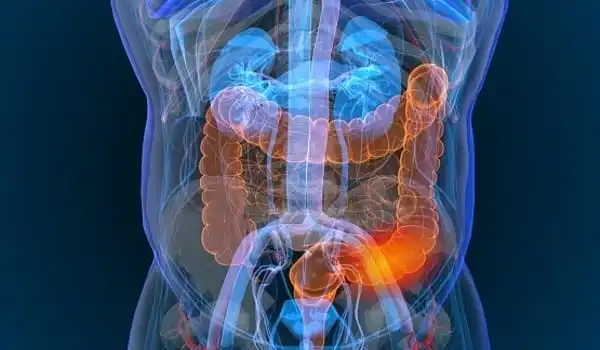An algorithm that predicts how long a patient will be in the hospital if they are diagnosed with colon cancer might save the NHS millions of pounds while also making patients feel more prepared. A machine-learning system assisted clinicians in identifying individuals at high risk for colorectal cancer, allowing them to schedule colonoscopies for these patients, according to a recent study.
The study included 25,610 patients who were overdue for colorectal cancer (CRC) screening, according to Geisinger. Following that, the researchers employed a machine-learning system to predict whether patients were at risk of acquiring cancer. The algorithm looked at things including age, gender, and a recent outpatient complete blood count. Based on the findings, nurses contacted high-risk patients to arrange for a colonoscopy.
Artificial intelligence and data analytics were used by experts from the University of Portsmouth and the Portsmouth Hospitals University NHS Trust to predict the length of hospital stay for bowel cancer patients, whether they would be readmitted after surgery, and their likelihood of death over a one or three-month period.
The sophisticated model will enable healthcare practitioners to create the finest patient care and allocate resources more effectively. Approximately 68 percent of high-risk patients were able to get a colonoscopy scheduled. Furthermore, approximately 70% of individuals highlighted by the algorithm had a significant discovery. Bowel cancer is one of the most prevalent types of cancer diagnosed in the UK, affecting over 42,000 people each year.
When carefully implemented and supported by healthcare providers, machine learning can be a low-cost, noninvasive supplement to other colorectal cancer screening efforts. This technology can serve as a safety net, perhaps preventing missed or delayed diagnosis in some patients who may already be showing symptoms of disease.
Keith Boell
Adrian Hopgood, a Professor of Intelligent Systems at the University of Portsmouth, is one of the paper’s principal authors. “It is anticipated that by 2035, there will be around 2.4 million new instances of colon cancer worldwide,” he stated. This is a mind-boggling figure that must not be overlooked. To enhance patient outcomes, we need to act now.
“This technology can provide patients with information about what they are going to encounter. They can be given a good idea of not only their long-term prognosis, but also what to expect in the short term. If a patient isn’t expecting to remain in the hospital for two weeks and then finds themselves there, it can be rather upsetting. However, if they know how long they would be staying, they will have vital information to assist them prepare. If a patient is given a poor prognosis or has additional conditions, they may decide they do not wish to have surgery, resulting in a lengthy hospital stay.”
In a press release, Keith Boell, DO, co-author of the study and Geisinger’s chief quality officer for population initiatives, said, “When carefully implemented and supported by healthcare providers, machine learning can be a low-cost, noninvasive supplement to other colorectal cancer screening efforts. This technology can serve as a safety net, perhaps preventing missed or delayed diagnosis in some patients who may already be showing symptoms of disease.”

Bowel cancer (also known as colorectal cancer) is a type of cancer that affects the large bowel, which is comprised of the colon and rectum. The costs of identifying and treating patients are substantial, and the economic impact on healthcare systems is enormous.
The researchers analyzed data from a database of nearly 4,000 colon cancer patients who underwent surgery between 2003 and 2019. It examined 47 various variables such as age, weight, fitness, surgical techniques, and mortality. Under Professor Hopgood’s supervision, the insights of consultant surgeon Jim Khan and his colleagues Samuel Stefan and Karen Flashman were supplemented by the analytical knowledge of Dr Shamsul Masum.
According to Professor Hopgood: “We examined a full set of data that contained all 47 variables, but also forecasted outcomes using only a subset of the most significant ones, and discovered virtually little difference between the two approaches. This is useful in and of itself because it demonstrates that the method works just as well with a reduced set of variables.”
In theory, the technology could be used right now, but it would need to be cleared for usage in a clinical setting first. Professor Hopgood, on the other hand, is eager to work with a larger dataset to enhance prediction accuracy, which is presently around 80%.
“If we could secure financing, we would love to collaborate with other bowel cancer centers to gain access to even larger databases. The simple law of machine learning is that the more data there is the better” He stated.
“Everyone I’ve spoken to in the health domain believes that artificial intelligence will help them do a better job, and we hope that this research will do just that — by providing more accurate predictions, the health service will be able to allocate the best resources to each patient and improve patient care.”
















